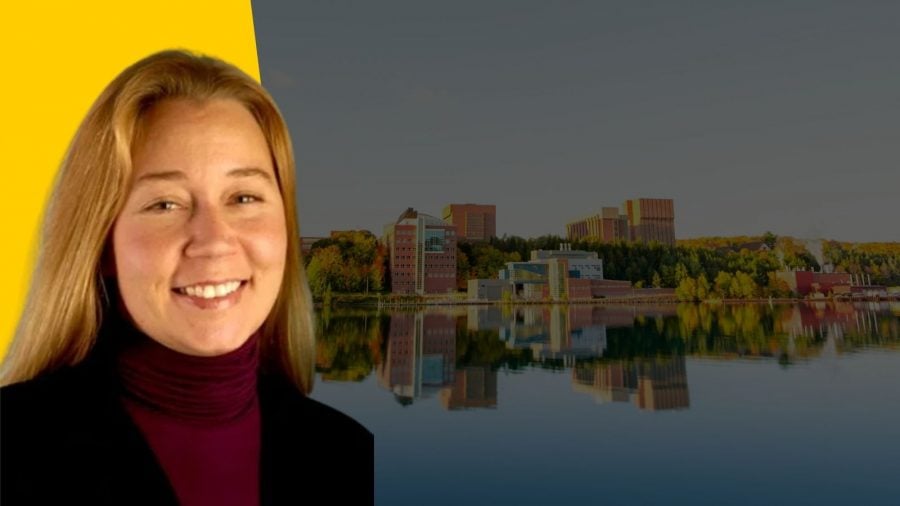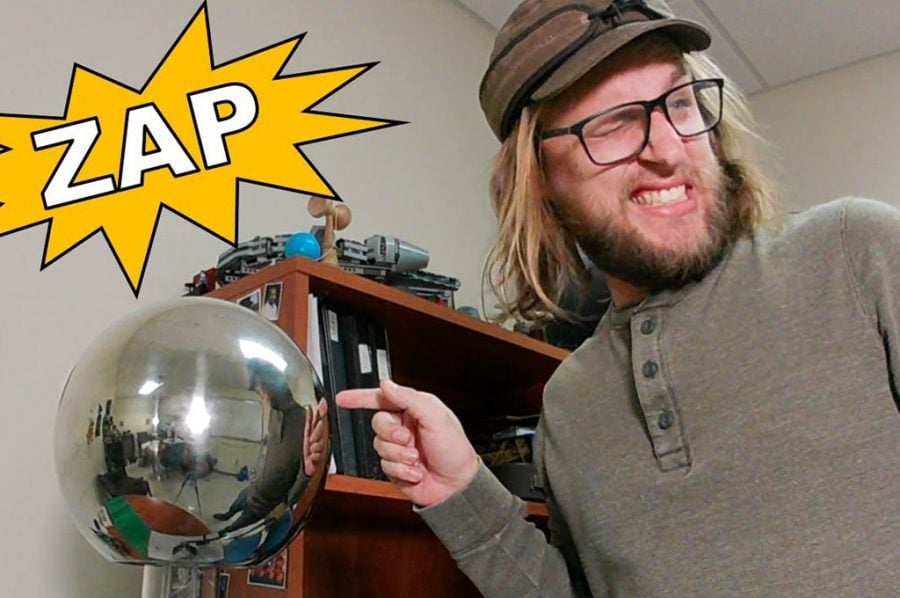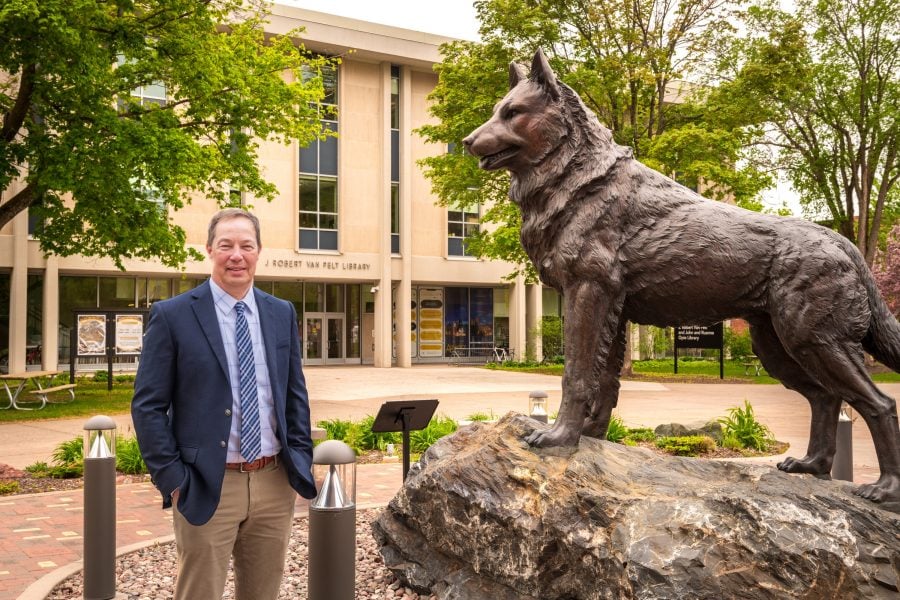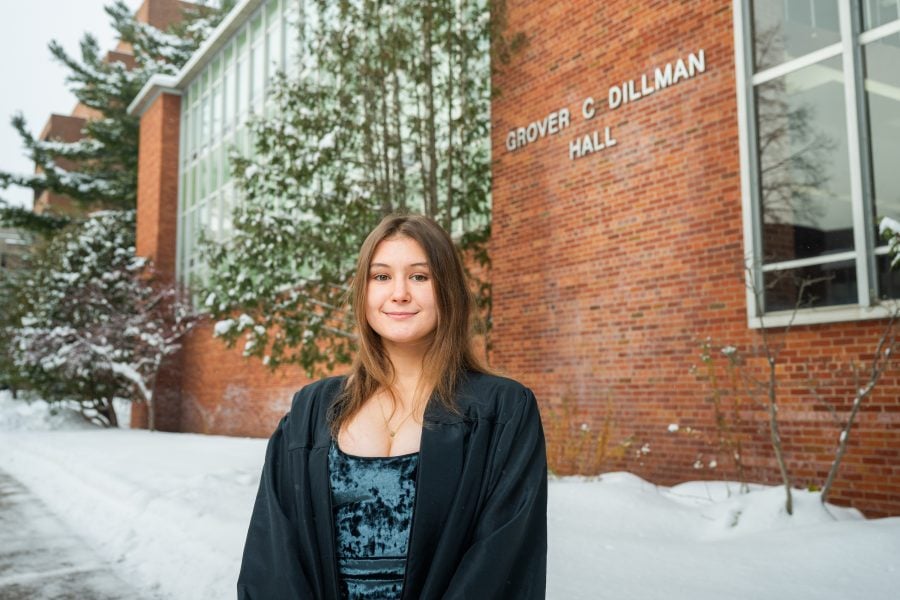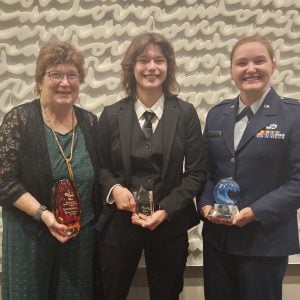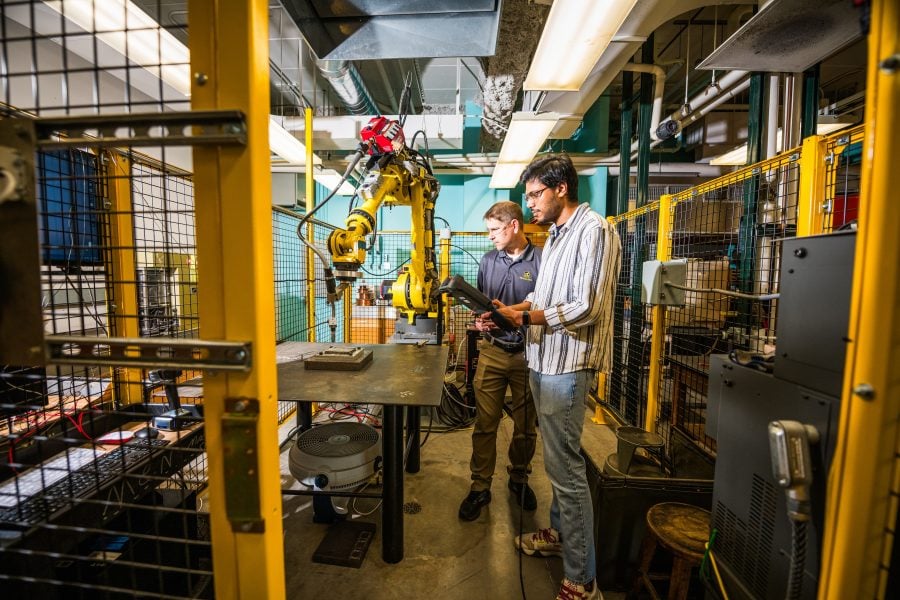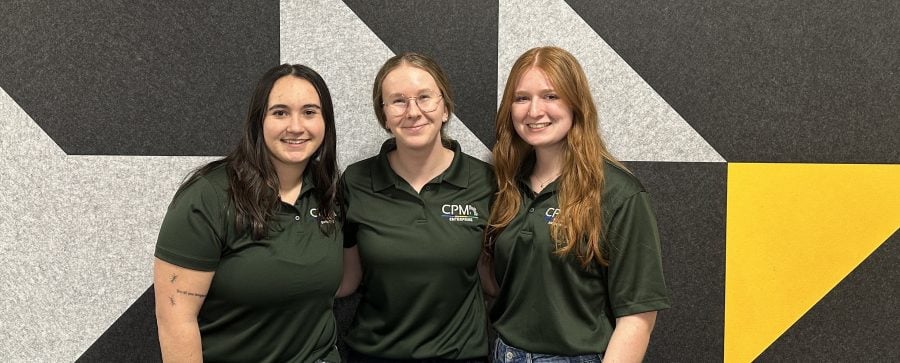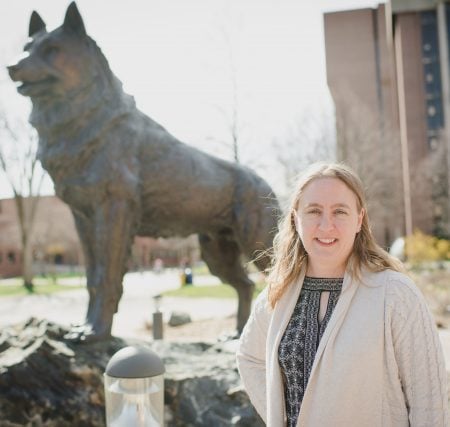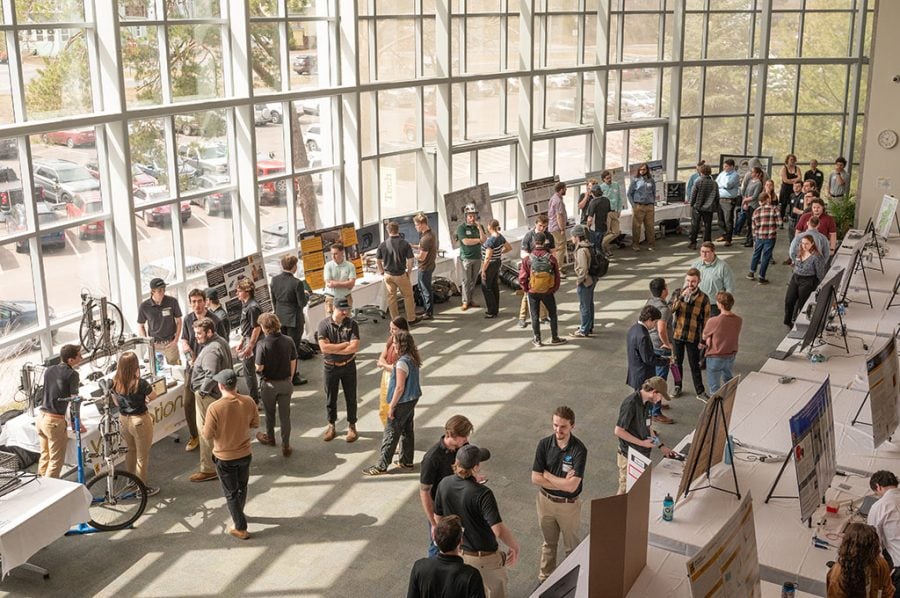
Since it began in 2000, Michigan Tech’s Design Expo has been a nexus of student innovation and industry collaboration. This year’s event marks the 25th anniversary of more than 1,000 Enterprise and Senior Design students showcasing their designs and demonstrating their real-world problem-solving skills to the community, industry partners, and Michigan Tech faculty and staff. The Enterprise Program is looking for individuals to volunteer as distinguished Design Expo judges.
